Reducing Wait Times for Therapy
By restructuring appointment schedules, KidsAbility is able to see more children and youth. Instead of back-to-back scheduling, appointment blocks are now used, which means that no time is lost when clients can’t make their appointments. It means our clinicians can do more of what they do best – seeing and treating children.
Problem
Time, as we all know, is a limited resource. Appointments were being booked back-to-back-to-back, presenting a major obstacle when clients failed to show up. It was evident that a better approach was needed to maximize the number of children who could be seen, assessed, and treated each day. Thus, the stage was set for an audacious mission: to break the bottleneck and improve access to through innovative scheduling.
Solution
Together with the University of Waterloo, we dove deep into the scheduling data to look for opportunities. We asked the question: “How can we maximize the current schedule and re-think how to tackle the waitlist when appointments are missed, rescheduled or delayed?” This is an upstream lens on reducing waitlist and help prevent the bottleneck that delays access to treatment.
The answer? Appointment blocks. We know rehabilitation doesn’t stop, it is a continuous journey, so why were we treating it as an appointment-based intervention? Now at Kids Ability, we’ve established designated rehabilitation time blocks allowing us to see and treat more kids.
Benefits
Through our pilot project, we’ve already seen significant improvements to access to care. We’ve been able to add 30 minutes of treatment time to the workday for each therapist. We’ve reduced wait time for rehabilitation appointments by 10%. The University of Waterloo’s unconventional collaboration with KidsAbility proved to be a game-changer, unlocking the full potential of clinical time and enabling the team to focus on their true passion – providing exceptional care to children and youth. But the story doesn’t end here. Using modelling science, our projections for improved access at KidsAbility alone will help reduce wait times and get children and youth the treatment they need sooner.
If we extrapolate, there’s the potential to significantly cut wait lists across Ontario if we can support other Children’s Treatment Centres to adopt the same practice. Our crew will not lose site of the opportunity to extend this work to support much-needed system transformation and reduce the wait list for children and families across the province. Stay tuned!
Our Rocket Crew
About KidsAbility
KidsAbility™ empowers children and youth with special needs to realize their full potential.
We support over 14,000 children and youth to reach their communication, social, physical and behavioural goals each year. Using a blended model of virtual and in-person services, at KidsAbility, we help children, youth and families to achieve great things at home, at school and in their community.
Demand for our services continues to exceed the resources available. The Rocket Discovery Centre is a symbol of our commitment to children and families that no child in our community will be left behind. Donations support life-changing therapy, innovative programs and the latest technology. Your support helps a child benefit sooner to say their first words, take their first steps, hold a pencil or spoon or even learn how to make a new friend and participate fully in our community. Together, we can achieve this.



